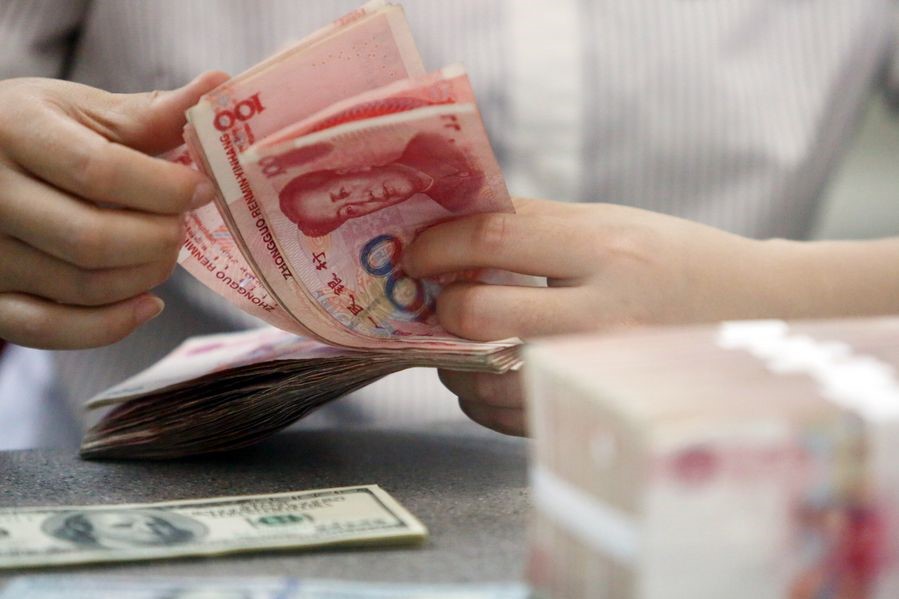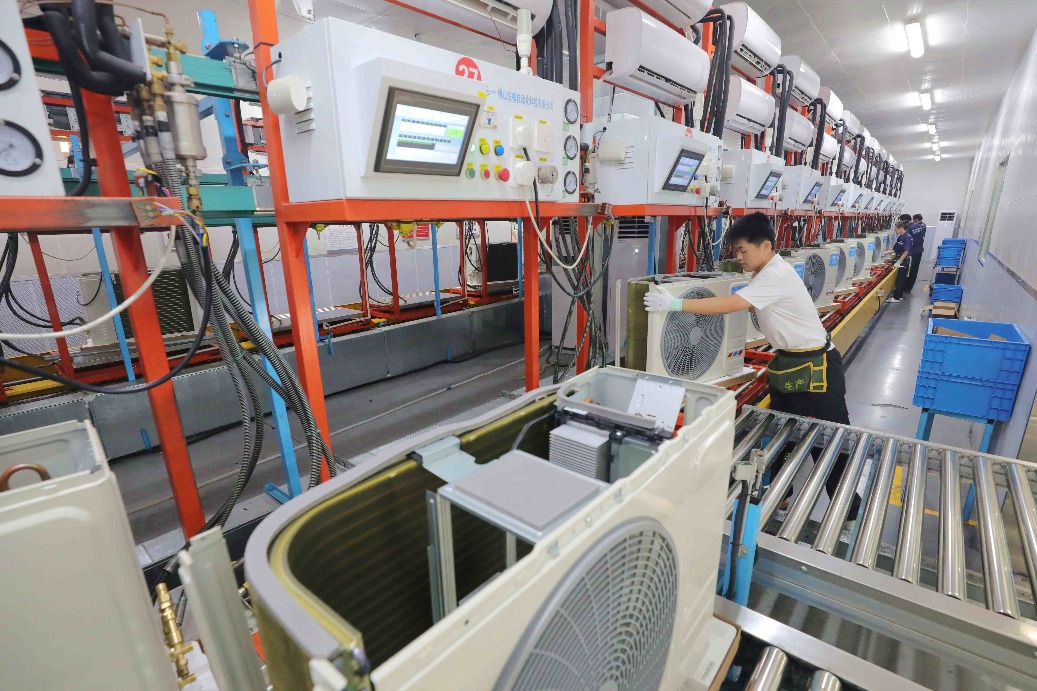Experts: Fiscal actions steady expectations


Continuity, stability and sustainability help in managing outlook for future
China's fiscal actions this year aim to stabilize the expectations of market players and residents by maintaining policy continuity, stability and sustainability and making them more forward-looking, policy advisors said on Monday.
Hedging risks of the coronavirus pandemic, reducing the uncertainties of economic growth and stabilizing the expectations of market entities have become the major targets of the fiscal policy.
Specific actions include the tax reduction and fee reduction policies, support for small and micro enterprises and individual businesses, and structural reform measures to expand demand and increase supply, they said.
Deterioration of the global economy has intensified amid the resurgence of the virus, especially since the highly contagious Delta variant appeared in many countries, which will influence China's economy as well as its monetary and fiscal policies, said Zhang Yuyan, director of the Chinese Academy of Social Sciences' Institute of World Economics and Politics.
Stabilizing the expectations of market entities is one of the key tasks of China's fiscal policy, which requires forward-looking and sustainable measures, said Liu Shangxi, head of the Chinese Academy of Fiscal Sciences.
Economists predict that external demand may be weaker in the second half of this year, and domestic employment is under pressure, which will add downside risks to China's economic recovery, which also depends on how the new trend of the pandemic develops.
"The current macroeconomic situation and the internal logic of macroeconomic policies have undergone fundamental changes. When making policies, just considering the stability of short-term economic growth is not enough, policymakers also need to think medium- to long-term and focus more on hedging public risks," Liu said.
He suggested China should take advantage of market-oriented measures to reduce financing costs, and leverage advanced financial technologies or fintech and other innovations to better serve market entities.
The cost of living, business operations and production may rise because of the inflation pressure, so fiscal spending should be more proactive in supporting economic growth and the nation's key strategic goals like carbon neutrality by 2060, said Liu.
Although the government's fiscal revenue has seen growth so far this year, in the long run, China may face pressure of limited fiscal policy space as the growth of fiscal revenue may moderate, said Zhao Min, a senior economist with the World Bank.
In terms of fiscal spending, the pressure is building, thanks to the higher costs and rising demand for high-quality public services. The structural reform in China requires the government to increase investment in new types of infrastructure, which has made the task of keeping fiscal measures sustainable and balanced challenging, said Zhao.
The Ministry of Finance disclosed last week that in July, the government's general public budgetary fiscal revenue increased by 11.1 percent from a year earlier, influenced by the rising production inflation. Meanwhile, fiscal spending reduced by 4.9 percent year-on-year.
"We expect the fiscal policy to be more proactive at pushing the infrastructure projects that are facing time overruns," said Iris Pang, economist in China with ING Bank.
Compared with last year, the issuance of local government special bonds has slowed this year, because authorities have "normalized" the bond management procedure and extended the timeline of issuance, which can reduce the amount of idle funds if investment projects are not ready, said an official from the Ministry of Finance who sought anonymity.
The ministry will take measures to push local governments to speed up the use of bond issue proceeds and control the overall financing costs. Local authorities should deploy the funds in actual projects as soon as possible, and avoid keeping funds dormant or underutilized.
According to data from the Ministry of Finance, from January to July, local governments issued new bonds worth 1.88 trillion yuan ($290 billion), including special bonds worth 1.35 trillion yuan.
Funds raised from the local government special bonds have mainly been injected into key projects in the fields of transportation infrastructure, municipal and industrial parks, the ministry said.





































